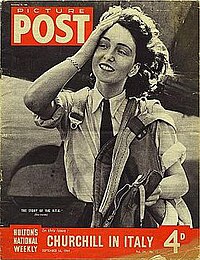Yes, very much so. And as soon as the Argentine economy collapsed, the entire military buildup in the region came to an abrupt stop. South America is today the most demilitarized continent in the world, because once Argentina stopped buying weapons, everyone else did the exact same thing.
Argentina was rather demilitarized in the 1930s but strong enough to maintain neutrality over intercontinental affairs. Brasil was the only country in South America that sent troops to (invaded) another continent. Without that ugly exception South America would have been a war-free continent since the end of the Chaco war, albeit with weapons and perhaps no economic collapse.
That is the kind of non-sensical reasoning that Argentina would give. Today their military is non-existent and no one is invading them, or Peru, or anywhere in the region. They were driving the arms race in Latin America, and once their economy died, the arms race died with it.
Why invade what is already yours? To this day Colombia and Peru, and throughout the Cold War every single Hispanic South American country, with the implicit consent of Brasil throughout the decades, has or is experiencing warfare or outright occupation. The School of the Americas (responsible for the dirty war, the ongoing civil war in Colombia, the total drug-war subjugation of Bolivia and Walmart's sweatshop: Peru) would never had extended to the entire Americas with all that entailed if they hadn't first assured the brothers of blood alliance with the biggest South American country while culturally enriching Italian women together in 1944.
When bros, bros forever



